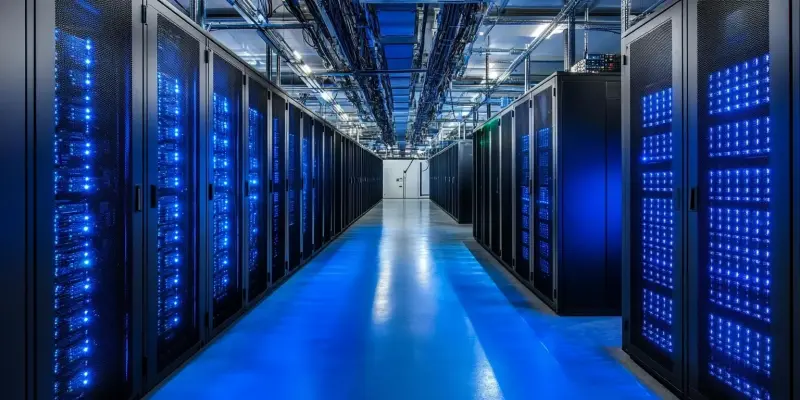In a strategic move to position itself as a leading data center hub in Southeast Asia, the Indonesian government is undertaking significant regulatory reforms to enhance the legal framework for data center operators. Central to this effort is the revision of Government Regulation 71 of 2019 and the drafting of a new regulation concerning the Implementation of Electronic Systems for the Public Scope. These measures are crucial in establishing a clearer legal framework that fosters both business certainty and competition within the industry. The overarching aim is to attract global investors, nurture a competitive environment, and optimize the economic value of the data center industry for national development.
Minister of Communication and Information, Budi Arie Setiadi, highlighted that the goal is to provide reliable services while protecting national interests and boosting market potential for data center providers. The government’s strategy goes beyond merely attracting foreign investment; it also aims to maximize the economic benefits of the data center industry for Indonesia’s national development. This includes supporting broader digital transformation goals that are vital for the advancement of various sectors such as e-commerce, fintech, cloud computing, and artificial intelligence.
Key areas of focus in these regulatory reforms include improving data classification systems, enhancing accessibility for supervision, and facilitating investment in land acquisition and sustainable energy solutions. By addressing these areas, the government aims to create a robust and sustainable infrastructure that enhances the country’s digital economy. The adoption of sustainable energy solutions, in particular, underscores the government’s commitment to integrating environmental considerations into its digital growth strategy. This approach not only seeks to attract environmentally conscious investors but also ensures the long-term viability of the data center industry in Indonesia.
Overall, Indonesia’s regulatory reforms are designed to modernize its digital infrastructure and establish the country as a significant player in the global data center market. By implementing these changes, the government aims to create a vibrant data center ecosystem that significantly contributes to national development and positions Indonesia as a leader in Southeast Asia. The successful execution of these strategies will likely lead to increased foreign investment, enhanced business certainty, and optimized economic value for the nation.

